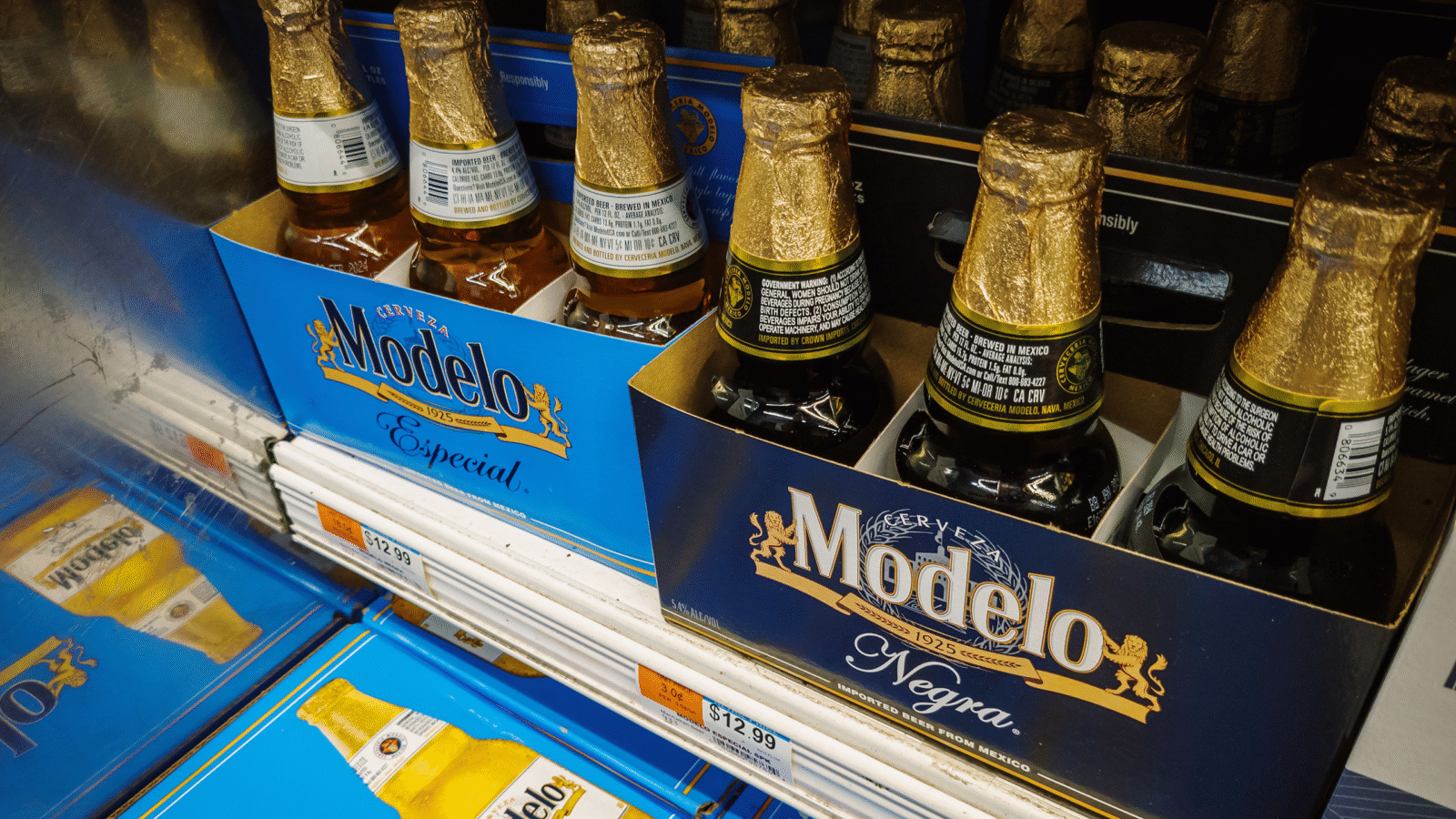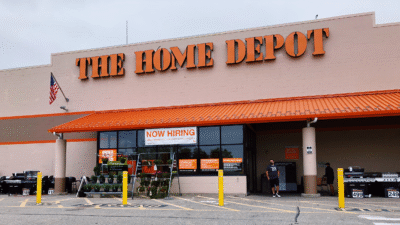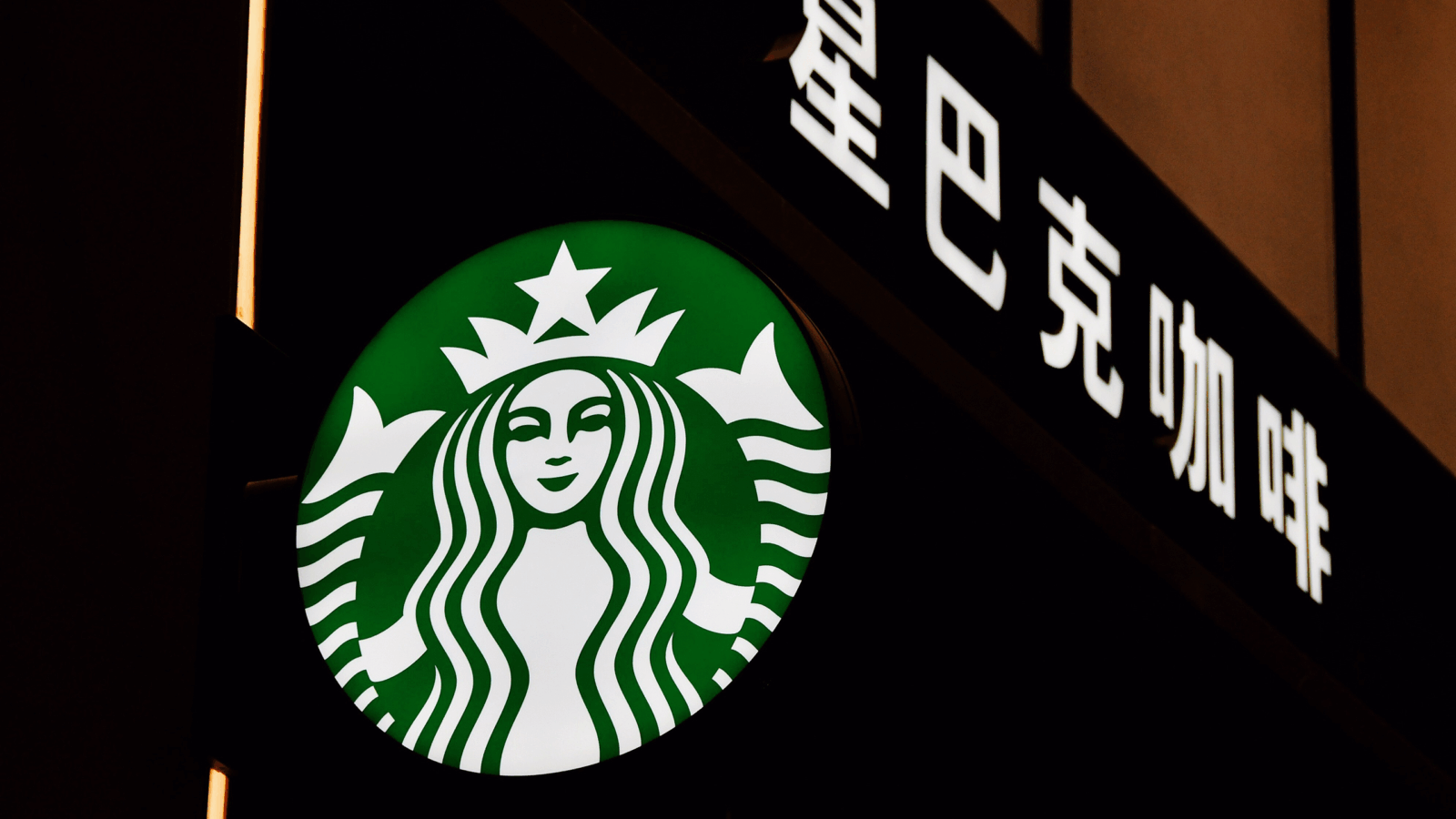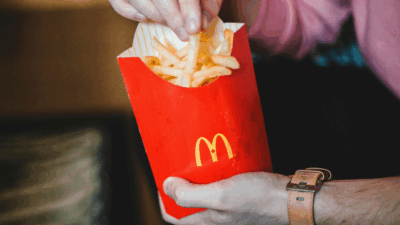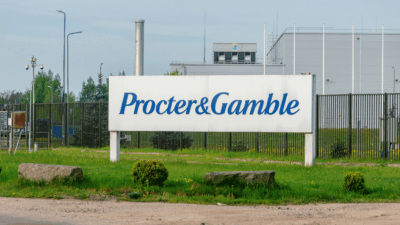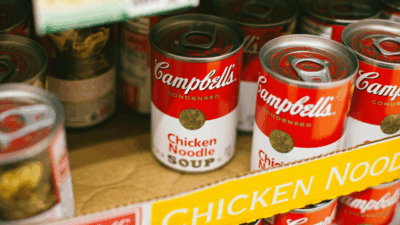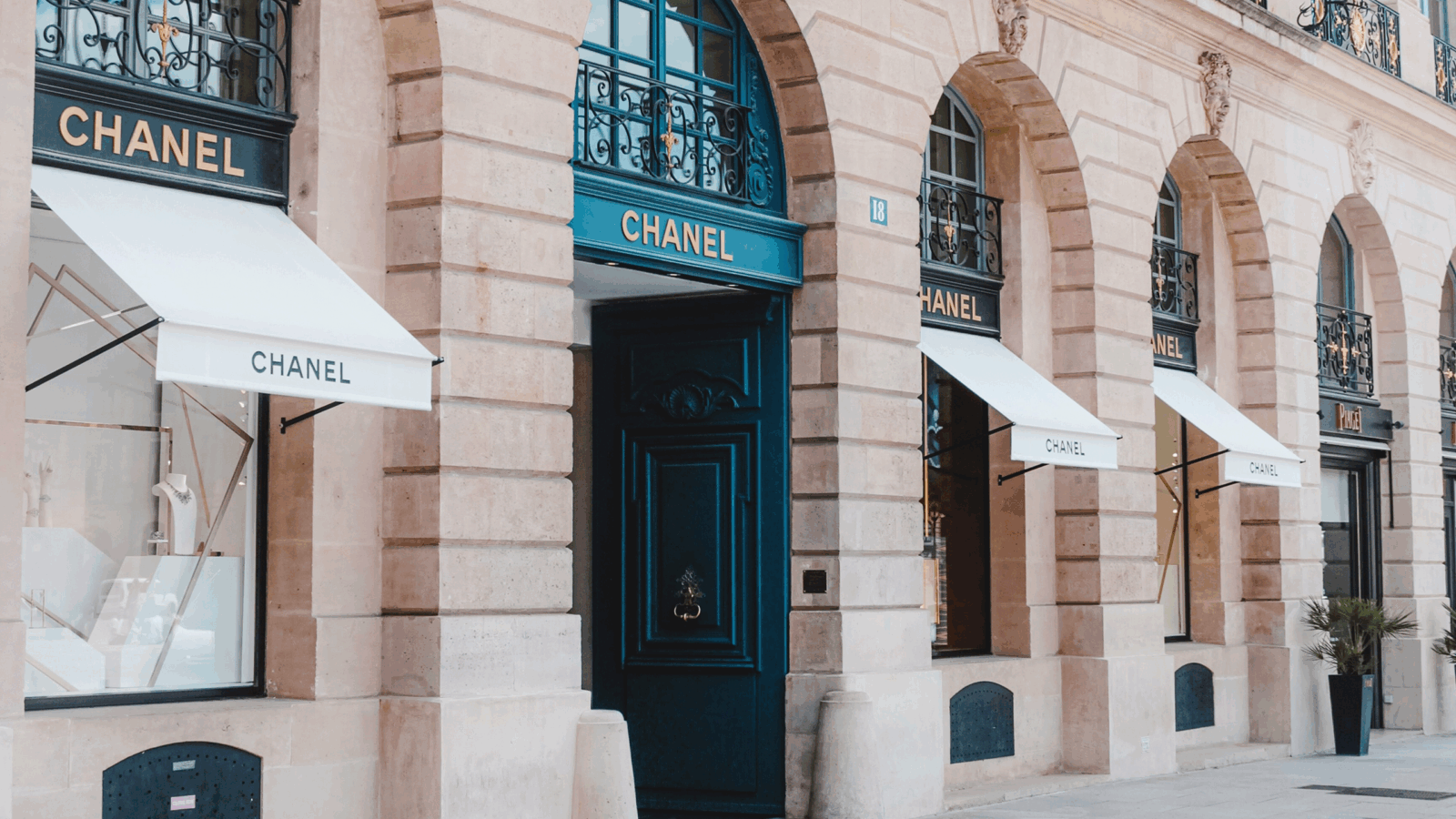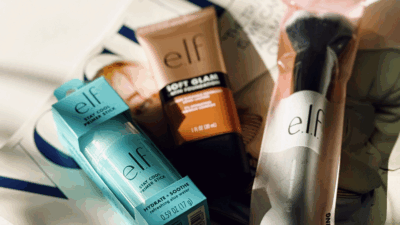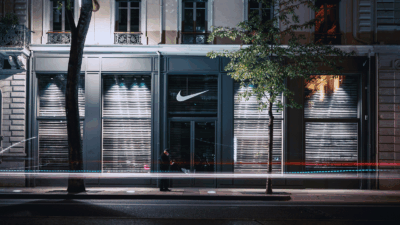
Sign up for smart news, insights, and analysis on the biggest financial stories of the day.
Chocolate conglomerate Mars is so famously private, the company might as well be based on the planet with which it shares a name.
The sixth-largest privately held firm in the US crashed back down to Earth Wednesday to share rare, important news: CEO Grant Reid is stepping down after eight years, and he leaves the firm with more revenue than Coca-Cola.
Paws-itive Growth
Earlier this week, Kellogg’s proposal to split itself into three different companies — with one based around its leading snacks business — highlighted the major challenges large food conglomerates face to maintain organic growth. Kraft Heinz’s sale of its nuts business last year, including the Planters brand, is another example of slimming down to build back up.
Mars, on the other hand, has bested many rivals by taking a radically different path. Rather than beef up its food portfolio and collect underperforming assets, the company became a giant player in a completely different industry: pet food and veterinary services. This incredibly weird combo — chocolate bar and petcare giant — has nevertheless worked:
- Mars, which is actually based in Virginia, said it grew annual sales more than 50%, from $28 billion to $45 billion, during Reid’s eight-year tenure. That easily bests Coca-Cola’s $38 billion revenue and is more growth than consumer giants Nestlé and Unilever.
- Through a $9.1 billion acquisition of veterinary group VCA, Mars owns over 800 petcare hospitals and makes 20% of its revenue from pet-related business lines. Half of Mars’ 140,000 employees work for its veterinary business — one of them, Mars Petcare President Poul Weihrauch, will succeed Reid as CEO of the entire conglomerate come September.
The Mars family, worth $94 billion, is the country’s third-wealthiest family after the Waltons and the Kochs. But their quiet approach has allowed them to stake out the company’s unique path: the family notably praised Reid for his “healthy dissatisfaction for the status quo” Wednesday.
Regulatory Muzzle: Mars’ pet business might be even bigger if it weren’t for scrutiny from the US Federal Trade Commission. Mars agreed to divest 12 veterinary clinics to three different rival pet services companies after the FTC said its VCA acquisition was an antitrust threat. Earlier this month, the FTC also required veterinary chain JAB Consumer Partners to divest clinics in order to complete an acquisition. When it comes to petcare, the FTC apparently is more territorial than a rottweiler.
